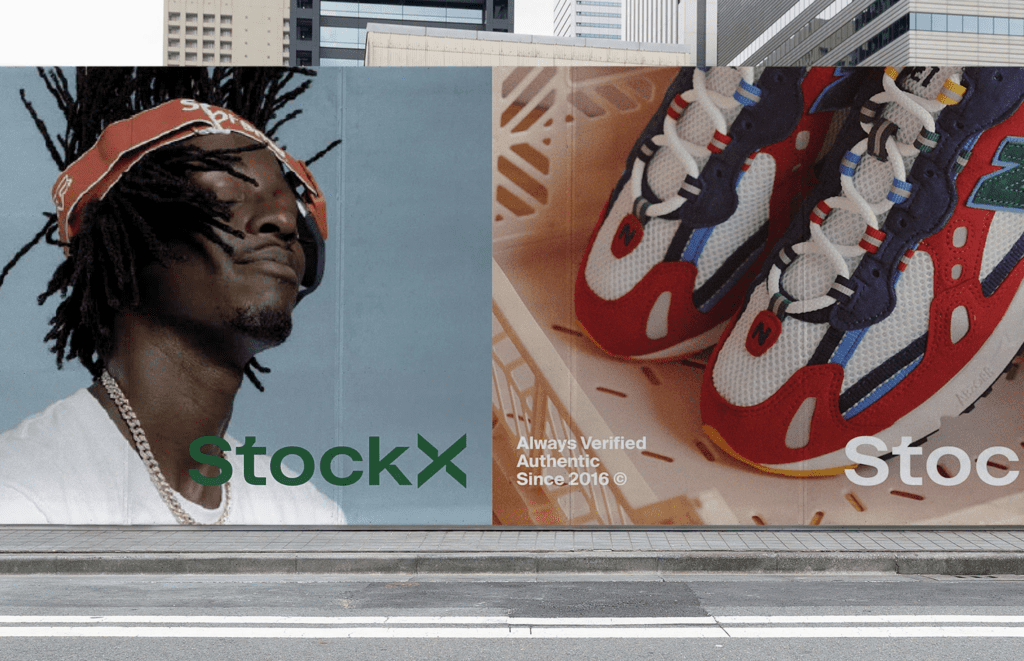Italian authorities are ramping up efforts to tackle labor abuses in the luxury fashion industry, signaling a new phase of regulatory scrutiny that directly challenges the heritage and high-quality craftsmanship-centric narratives many brands in the luxury segment present to consumers. Some of the latest developments come by way of a settlement reached between French luxury powerhouse Dior and Italy’s antitrust authority and a crackdown on a Valentino subsidiary, which underscore a broader reckoning with the industry’s often-opaque supply chains – complete with undocumented labor, wage theft, and worker abuse.
In a string of increasingly high-profile actions, Italian authorities are intensifying their crackdown on labor exploitation in the industry’s supply chains, signaling a decisive shift in how one of the country’s most prized sectors is regulated.
Dior, Valentino & an Unnamed Arrest
This week, police in Milan arrested a Chinese national and shuttered a clandestine workshop in the city’s outskirts. The site – which produced clothing for unnamed fashion brands – was found to be employing 10 Chinese workers. Six of them were unregistered, and five were living in Italy without legal status. According to the authorities, these workers endured extreme conditions – forced to work up to 90 hours a week for as little as €4 an hour, while sleeping in makeshift, unhygienic dormitories inside the workshop.
The investigation was triggered by a worker’s formal complaint after his hand was broken by an employer when he tried to claim €10,000 in unpaid wages. The arrest and workshop closure follow closely on the heels of a separate scandal involving Valentino. Just last week, an Italian court placed a unit of the fashion house under judicial administration after uncovering labor abuses in its supply chain. The move mirrored similar court-imposed oversight measures taken in 2023 against Dior and Armani units after Milan prosecutors exposed exploitative subcontracting networks in the production of leather goods.
Most recently, the Italian Competition Authority (“AGCM”) announced this week that it has closed its investigation into a Dior-owned company after it agreed to a package of voluntary remedies. The investigation was sparked by judicial findings in Milan last year that exposed sweatshop-like conditions in subcontracted workshops producing leather handbags for major luxury labels. These workshops allegedly employed underpaid, undocumented workers – many of them immigrants – who toiled in precarious conditions for a fraction of the bags’ retail value.
While the AGCM stopped short of declaring Dior in breach of consumer protection laws, it emphasized that the brand’s pledges address concerns over possible misconduct. Central to the settlement is Dior’s commitment to contribute €2 million over five years to initiatives that aid victims of labor exploitation. Additionally, Dior has agreed to revise its corporate messaging around ethics and craftsmanship and to tighten oversight mechanisms governing its supplier relationships.
“Dior partnered closely with the Authority to define a robust set of commitments that increase transparency and strengthen oversight throughout its supply chain,” the company said in a statement. But consumer advocacy groups like Codacons were quick to criticize the outcome, calling the measures insufficient given the scale of the alleged exploitation and the absence of a monetary fine.
A Broader Legal Reckoning
These cases are not isolated. Over the past several years, Italian magistrates have exposed widespread abuse in the fashion and luxury sectors, prompting legal and administrative reforms aimed at closing the gap between luxury’s crafted image and the exploitative practices that often sustain it. A 2024 proposal from Milan’s court urges fashion companies to adopt stricter oversight procedures to ensure labor law compliance among suppliers.
Italy is home to a dense network of small manufacturers – estimated to produce more than half of the world’s luxury goods, according to Bain & Company. While these workshops play a critical role in the industry’s global dominance, they also represent a vulnerability: a fragmented supply chain that allows major brands to outsource production with minimal visibility, creating fertile ground for labor abuses to flourish.
Regulators are increasingly seeking to hold these brands accountable not only for what happens on the catwalk but for every link in the production chain. The Italian Competition Authority recently closed its investigation into Dior, part of the LVMH group, after the brand pledged a series of corrective actions. These included a €2 million commitment over five years to support labor exploitation victims and the adoption of stricter supplier monitoring procedures. However, critics like the consumer group Codacons have deemed the penalties too lenient and unlikely to affect real change.
With authorities continuing to raid workshops, place fashion units under court oversight, and investigate potential consumer deception, a pattern is emerging: Italy is no longer tolerating willful ignorance in the luxury sector. What was once treated as a compliance issue is now being reframed as a matter of justice – for the workers stitching the seams behind fashion’s most iconic labels.
As the industry grapples with its social responsibilities, Italy’s message is clear: luxury cannot come at the cost of the law.














